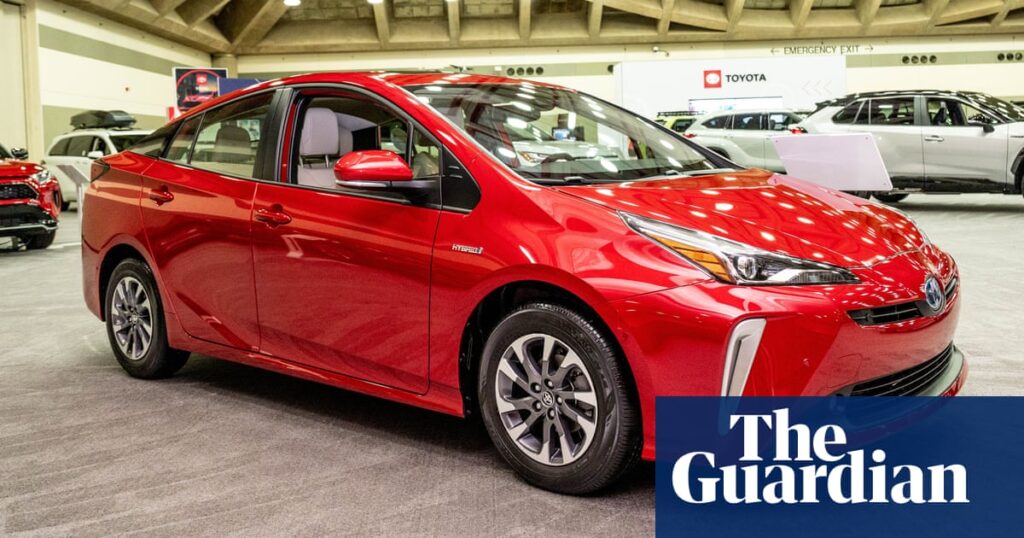UK Government Proposes Easing Electric Vehicle Regulations Amid Industry Concerns
The British car industry is expressing optimism over new government initiatives that may permit the continued sale of Toyota Prius-style hybrids in the UK past 2030. This potential policy shift is part of broader efforts to reduce regulatory pressures on automakers.
On Christmas Eve, the UK government released a consultation document outlining which vehicles might be allowed for sale after the 2030 ban on new petrol and diesel cars. It also revealed plans to ease mandates requiring manufacturers to increase electric vehicle sales annually. This move comes as carmakers have long sought clarity on post-2030 sales regulations.
Automakers have been lobbying for amendments to the zero-emission vehicle (ZEV) mandate, which requires a significant increase in electric car sales over the next five years. The industry argues that current mandates compel them to offer unsustainable discounts to encourage drivers to transition to electric vehicles.
According to Mike Hawes, CEO of the Society of Motor Manufacturers and Traders, “These are both critical issues for an industry that is facing significant challenges globally as it tries to decarbonise ahead of natural market demand. Aside from the billions invested in new technologies and products, it has cost manufacturers in excess of £4bn in discounting in the UK this year alone.”
The previous Conservative administration vacillated on whether to implement the 2030 ban on new internal combustion engine car sales or extend it to 2035. The Labour government has reaffirmed the 2030 deadline but is considering allowing most hybrids until 2035, potentially with restrictions on emissions to eliminate the most polluting models.
Hybrids, which combine a petrol engine with a smaller battery, are categorized into models like the Toyota Prius that only charge via the internal combustion engine and plug-in hybrid electric vehicles (PHEVs) that can be charged from an external power source. The consultation seeks input on whether to permit Prius-style hybrids, possibly with a carbon emissions cap of 115g per kilometer, noting that hybrids may sometimes produce less carbon than PHEVs.
The government’s analysis highlighted concerns that PHEVs might emit over three times more carbon than official tests indicate, largely due to owners not charging their vehicles at home.
Details about introducing more flexibility in the ZEV mandate remain sparse, but carmakers are expected to play a significant role in shaping these changes, which could be expedited by early 2025.
Interestingly, the consultation also suggests that electric vans could be included in the ZEV mandate for cars, potentially benefiting manufacturers like Vauxhall’s parent company, Stellantis, in the coming years.
The proposed changes stem from warnings by automakers that the ZEV mandate could lead to UK factory closures. Stellantis has already announced plans to shut down a van factory in Luton. Business Secretary Jonathan Reynolds emphasized the importance of supporting local industry, stating, “There is no route to net zero without backing British industries and workers.”
Original Story at www.theguardian.com
